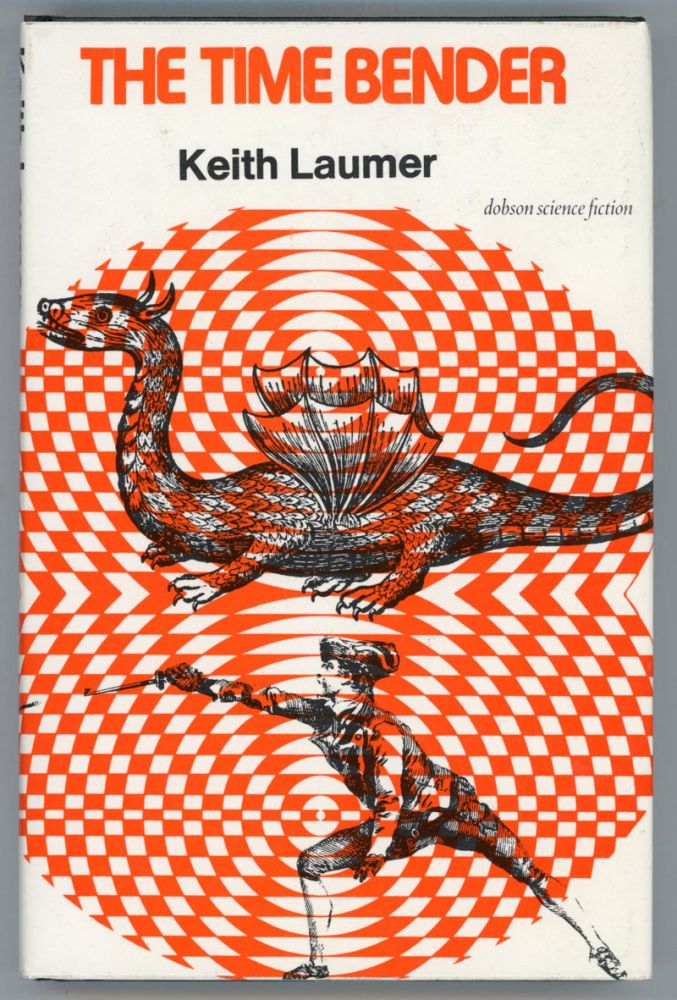Book Review: The Time Bender by Keith Laumer
Lafayette O’Leary’s life is not exactly going well. He’s an underpaid draftsman at a small town foundry, whose diet consists largely of sardines and the cheapest grade of taffy. His entertainment is books from the library, viewed with suspicion by his nosy landlady and sponging neighbor. Tonight, his reading is a thick scholarly tome about self-hypnosis, which Lafayette hopes will give him more vivid dreams.

So when Lafayette finds himself transported to the anachronistic kingdom of Artesia, he initially assumes he’s just in a very elaborate lucid dream. This view is bolstered by Lafayette having some reality-bending powers that come off to the locals as sorcery. But the people of Artesia are not reacting well to being told this is just a dream. Our protagonist is hauled before the king, and only the possibility that he might be the Chosen One who will slay the dragon and defeat the ogre Lod gives him any chance of survival.
That is, until Princess Adoranne vanishes, and Lafayette O’Leary becomes the top suspect!
While I, like many anime fans, like to make jokes at the expense of the ever-expanding number of isekai (other world) stories, they have a long tradition in fiction. And this tale is a worthy ancestor of that subgenre. Seemingly ordinary schlub is transplanted to world that’s reminiscent of Late Middle Ages Europe, but with anachronistic bits and fantasy elements. He gains awesome but sometimes hard to control powers and is revealed as the Chosen One. Attractive women find him sexy for no good reason, and start falling in love with him because he’s nice to them. He also develops a habit of accidentally walking in on underclad women. He’s also much better at combat than you’d expect for his non-action backstory.
Lafayette is, despite bursts of combat skill, more of a guile hero. He’s introduced using his verbal wit to intimidate the landlady, and often uses his wits and sneakiness to advantage. This is offset by him making some assumptions early on that are reasonable in context but dead wrong. (It’s not a dream, and the locals aren’t just making up this alleged dragon.) This sours his relationships with some characters who he could have used support from later.
Our hero’s powers do have an explanation, and vaguely defined but present limits, so as often as they get him out of trouble, they get him into trouble or are not currently available.
The writing is breezy and mostly humorous. The romance element is kind of forced, and tied off perhaps a little too neatly at the end.
Content note: Early on, Lafayette “edits” a couple of people without their consent. He’s still in his “this is a dream” mode, but still, super creepy in a way the author probably didn’t intend, and audiences in 1964 when this was written would have understood that one of the edits was to inflict a stereotype associated with homosexual men at the time.
Overall, a fun book that you probably shouldn’t think about too hard. It did well enough to spawn three sequels. Recommended to isekai fans.
And for more on isekai:

